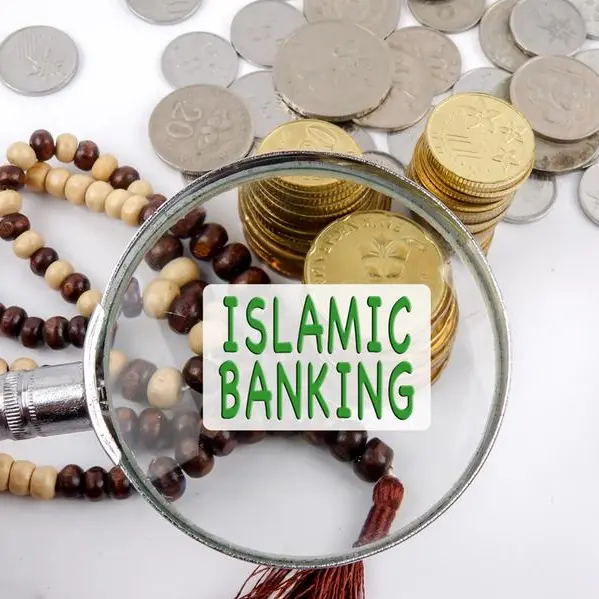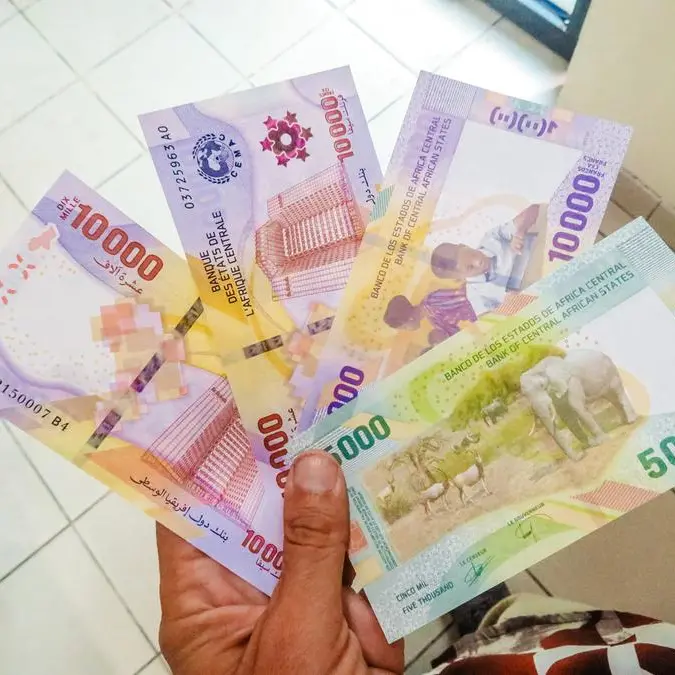PHOTO
Bahrain is expected to issue $2-3 billion of international bonds including sukuk in 2025 in addition to a $1 billion sukuk issued by state-owned Bapco Energies earlier this month.
But a sharp tightening of global liquidity conditions, accompanied by a significant drop in oil prices, would likely create significant challenges for the kingdom to issue.
Alexander Perjessy, vice president, senior credit officer at Moody’s, which rates the sovereign B2 stable, said a similar situation could arise to that of March 2020, when the kingdom’s government struggled to refinance its maturing eurobond as oil prices plummeted during the COVID-19 pandemic.
Reuters reported at the time that the government took a $1 billion loan to help repay the bond.
Data from Moody’s showed external borrowing by the government, including private placements and syndicated loans, was estimated at $5.5 billion in 2023 and $3.6 billion in 2024.
Bahrain has $2.4 billion of external bonds and sukuk maturing in 2025, up from $2 billion in 2024 and broadly in line with $2.5 billion in 2023.
In 2024, there was also a $1.6 billion repayment by Bapco Energies, formerly known as nogaholding, so total external repayments from the broader public sector will be significantly lower in 2025, Perjessy said.
S&P Global Ratings expects sovereign issuance volume by Bahrain to be between $2 billion and $2.5 billion in 2025, approximately 5-7% of GDP and similar to the government’s issuance in 2024 of $3.25 billion, including issuance from the central bank.
This estimate predominantly covers refinancing needs and could mean debt-to-GDP burden widens further to above 135% in 2025.
Bahrain could reduce its issuance if it receives more support from other GCC states versus expectations, or, if oil prices end up at much higher levels, said Dr Mohamed Damak, managing director, sector lead financial institutions, MEA.
In Bahrain’s retail banking system, while external debt has increased over the past few years, it remains dominated by deposits from banks and non-banks, a large portion of which is understood to have come from within the GCC, Damak said.
“Therefore, we expect sporadic and opportunistic issuances from the retail banks,” he said.
Earlier this month, Bahrain-listed Bank ABC confirmed it was pulling back from a $400 million AT1 issuance citing market conditions. Advisors said lower rated banks in emerging markets are likely to ‘watch and wait’ to see how treasury yields settle this year before issuing.
Markets are waiting to see how the oil prices perform following assertions by US President Donald Trump at the World Economic Forum in Davos that he would ask Saudi Arabia and the oil producing body OPEC to reduce prices, claiming lowering prices would help bring an end to the war in Ukraine.
(Reporting by Imogen Lillywhite; editing by Seban Scaria)





















